In the annals of music history, few figures have been as polarizing and misunderstood as Yoko Ono. As the widow of John Lennon and a trailblazing artist in her own right, Ono has weathered decades of scrutiny, criticism, and even hatred. Yet, beneath the surface of the vitriol lies a story of resilience, love, and the unyielding spirit of an artist who dared to challenge the status quo. The new documentary film "One to One: John & Yoko" peels back the layers of myth and misconception, offering a poignant glimpse into the personal struggles and triumphs of this extraordinary woman.
When The Beatles disbanded in 1970, the world was left reeling from the end of an era. Fans, critics, and the media scrambled to find a scapegoat for the breakup, and Yoko Ono emerged as the primary target. Her presence in the Beatles' recording sessions in the late 1960s had already sparked tension, but the blame for the band's dissolution was unfairly thrust upon her. In "One to One: John & Yoko," Ono reflects on the relentless harassment she faced during those tumultuous years. "I’m supposedly the person who broke up the Beatles, you know?" she says in the film. "When I was pregnant, many people wrote to me saying, ‘I wish you and your baby would die.’”
These were not idle threats. Ono's ordeal was far from limited to written words. When she walked down the street with Lennon, she recounts how people would approach her with malicious intent, calling her "an ugly Jap," pulling her hair, and striking her head. "I was just about to faint," she recalls. Amidst this torrent of hatred, Ono also suffered the unimaginable pain of three miscarriages, losses that only deepened her sense of isolation and despair.
"One to One: John & Yoko" delves into the early 1970s, a period when Lennon and Ono relocated from England to New York City. Settling into a small Greenwich Village apartment, they embarked on a new chapter of their lives, marked by Lennon's solo career and their growing prominence as political activists. The documentary weaves together a rich tapestry of recorded phone calls, remastered concert footage, and intimate glimpses into their daily lives. One of the film's most poignant moments captures Lennon and Ono attending the first International Feminist Conference at Cambridge University. Here, Ono delivers a speech that resonates deeply with her experiences, highlighting the stark contrast between her life as an artist with "relative freedom as a woman" and the sudden shift after becoming attached to Lennon.
"When I met John, society suddenly treated me as a woman who belonged to a man who was one of the most powerful people in our generation," she explains. The weight of societal expectations and the relentless attacks took a profound toll on her. "Because the whole society started to attack me and the whole society wished me dead, I started to stutter," she admits. "And suddenly, because I was associated with John, I was considered an ugly woman… That’s when I realized how hard it is for women. If I can start to stutter being a strong woman, it is a very hard road."
Ono's reflections on sexism and racism are particularly poignant. In a 2010 interview with Anderson Cooper, she noted that even though the Beatles were already on a path toward separation, people chose to ignore this reality. "I think I was used as a scapegoat, and it’s a very easy scapegoat. A Japanese woman and whatever," she said. She attributed much of the animosity to lingering wartime sentiments, noting that the United States and Britain had fought against Japan in World War II. This historical context added a layer of complexity to the already volatile situation.
Despite the overwhelming challenges, Ono persevered, driven by the strength of her love for Lennon and their shared vision. "It was sort of like a distant thing in a way, because John and I were so close. And we were just totally involved in each other and in our work," she told Cooper. "That was much more exciting." Their bond was unbreakable, even in the face of the world's fury.
The documentary "One to One: John & Yoko" is a testament to their enduring love and the resilience of Yoko Ono. It serves as a powerful counter-narrative to the myths and misconceptions that have long overshadowed her contributions. Ono's journey is one of profound transformation, from a vilified figure to a celebrated artist and activist in her own right. Her art, activism, and music have left an indelible mark on the cultural landscape, inspiring generations to challenge norms and embrace creativity.
In the early 1970s, Lennon and Ono's lives were marked by both personal and political upheaval. Their move to New York City was not just a geographical shift but a bold statement of independence and defiance. The city, with its vibrant arts scene and progressive movements, became a sanctuary for them. It was here that they launched their most ambitious projects, using their platform to advocate for peace, justice, and equality.
The film's inclusion of remastered clips from the 1972 One to One benefit concert is particularly significant. This concert, the first and only full-length performance Lennon gave after the Beatles split and before his tragic death in 1980, stands as a testament to their unwavering commitment to social causes. The concert's name, "One to One," encapsulates the essence of their activism—a call for individual connection and collective action. The film's executive producers, including Ono and Lennon's son Sean Lennon, have ensured that this historic event is preserved and presented with the utmost care and respect.
"One to One: John & Yoko" is more than just a documentary; it is a love letter to a partnership that defied expectations and reshaped the world. It is a celebration of Yoko Ono's resilience, a reminder of the power of love, and a call to action for future generations. In a world that often seeks to silence and marginalize, Ono's voice has always been a beacon of hope and possibility.
As viewers step into the IMAX theaters to watch "One to One: John & Yoko," they are not just witnessing a story from the past; they are engaging with a narrative that continues to resonate in the present. Yoko Ono's journey is a reminder that even in the face of overwhelming adversity, one can find strength in love, purpose in activism, and hope in art. Her story is a testament to the enduring power of the human spirit, a spirit that refuses to be broken by hatred or misunderstanding.
"One to One: John & Yoko" invites us to see beyond the myths and the fury, to recognize the humanity and the brilliance of Yoko Ono. It is a reminder that behind every myth lies a person, and behind every person lies a story worth telling. Yoko Ono's story is one of courage, resilience, and love—a story that continues to inspire and challenge us all.
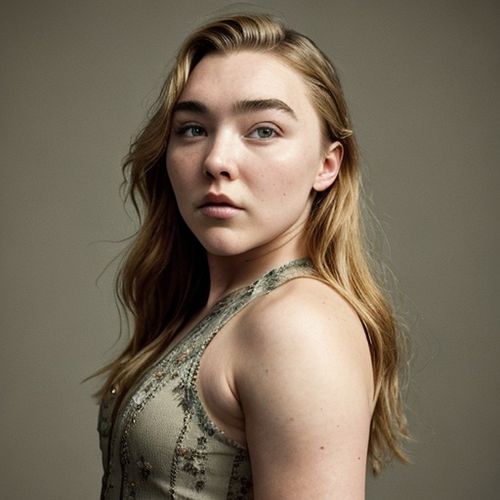
By Benjamin Evans/Apr 16, 2025
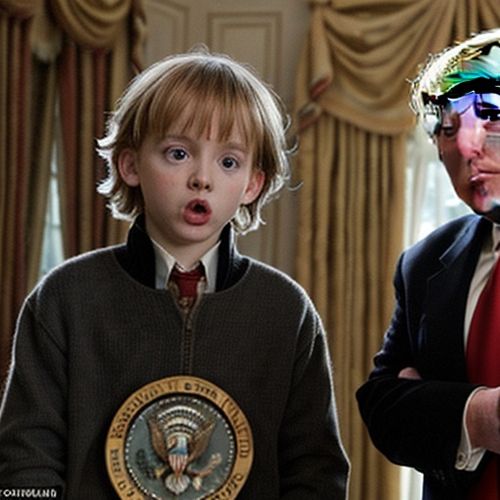
By Megan Clark/Apr 16, 2025
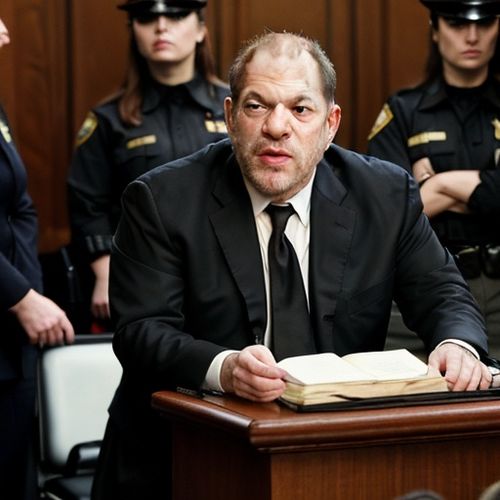
By Grace Cox/Apr 16, 2025
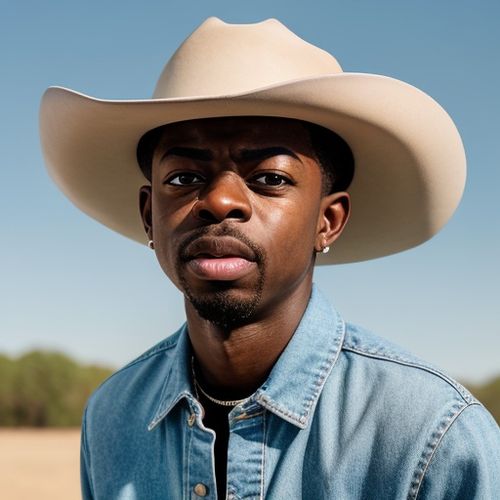
By David Anderson/Apr 16, 2025
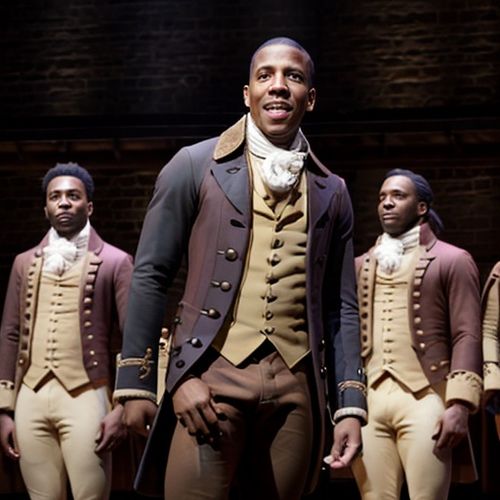
By Amanda Phillips/Apr 16, 2025
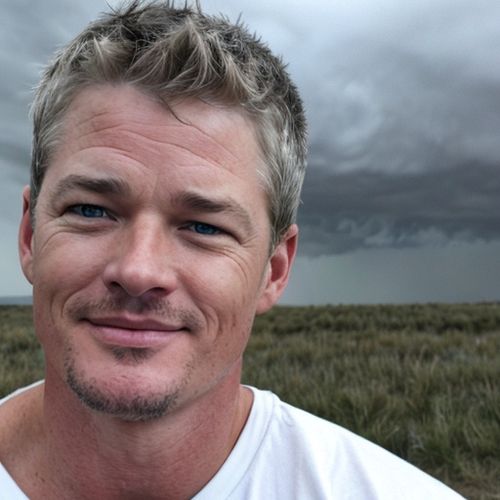
By Christopher Harris/Apr 16, 2025
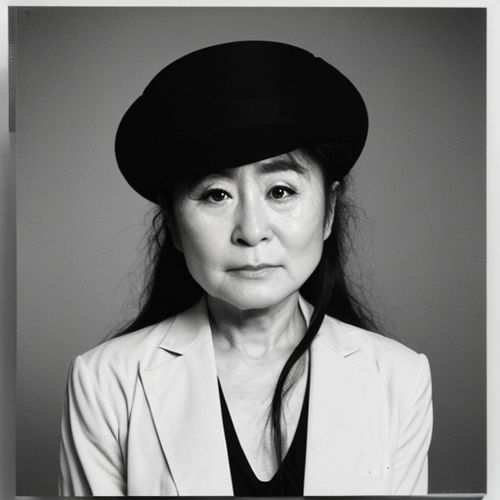
By Emily Johnson/Apr 16, 2025
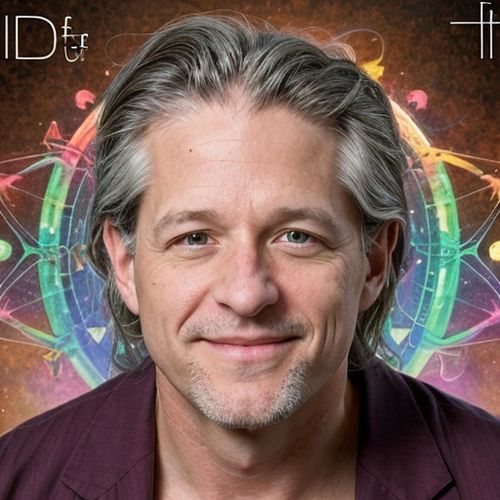
By Natalie Campbell/Apr 16, 2025
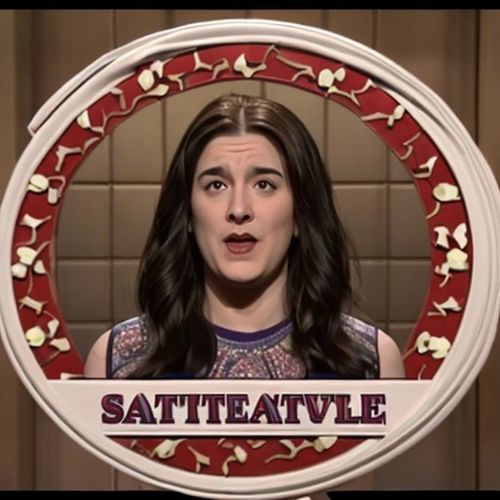
By Christopher Harris/Apr 16, 2025
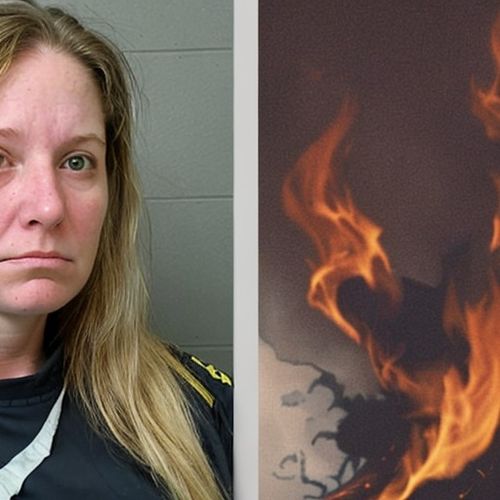
By Grace Cox/Apr 16, 2025
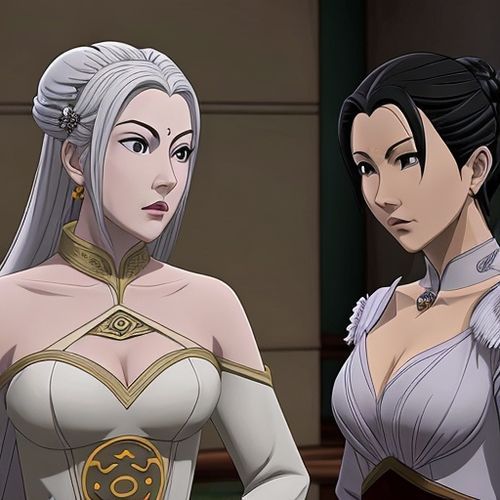
By Natalie Campbell/Apr 9, 2025
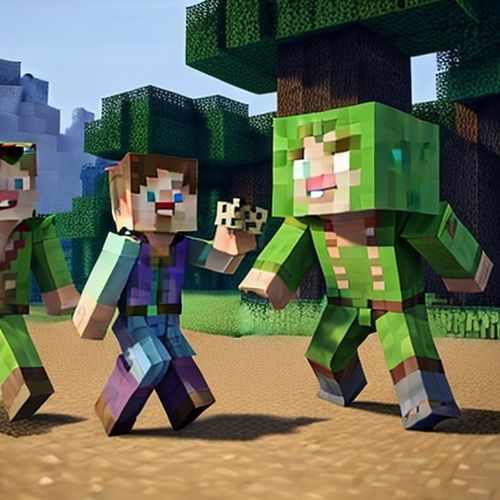
By Megan Clark/Apr 9, 2025
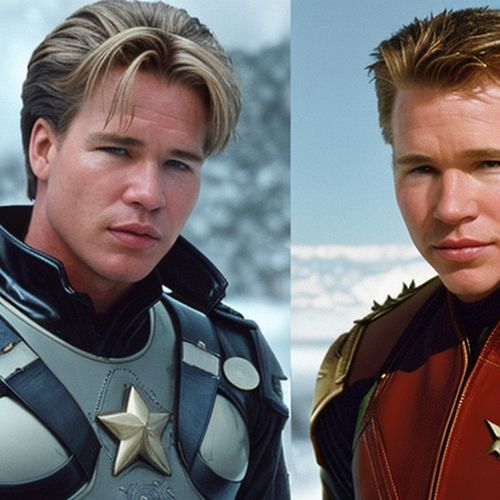
By Sophia Lewis/Apr 9, 2025

By Elizabeth Taylor/Apr 9, 2025

By Amanda Phillips/Apr 9, 2025
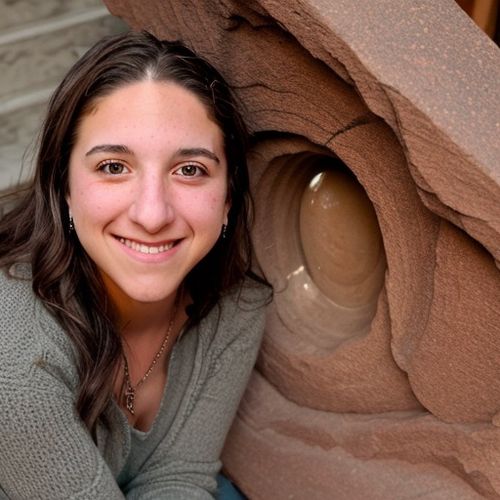
By Megan Clark/Apr 9, 2025
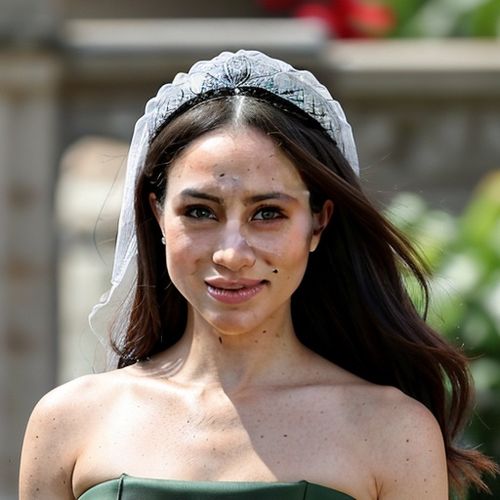
By Olivia Reed/Apr 9, 2025
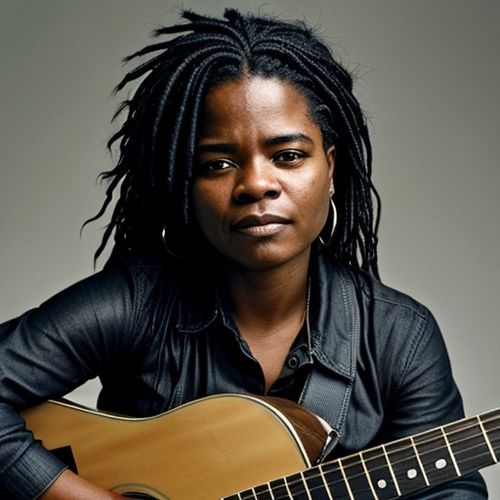
By Jessica Lee/Apr 9, 2025

By Amanda Phillips/Apr 9, 2025
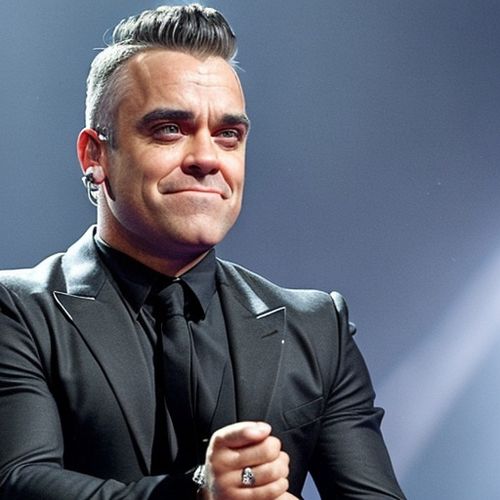
By Thomas Roberts/Apr 9, 2025